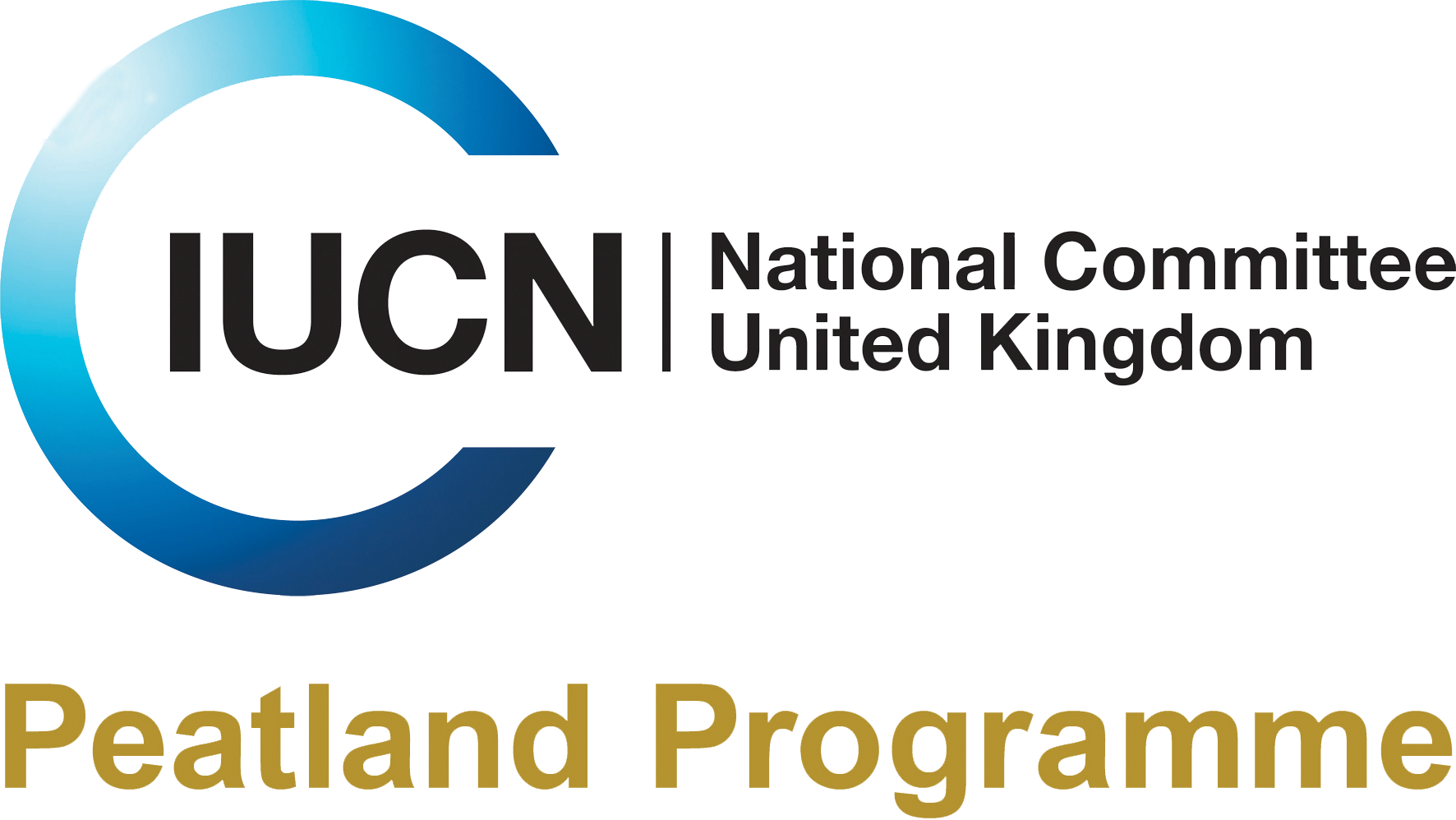Search
Search
Green Finance Workshop: Is the Conservation Sector Ready?
This event was organised by the North Pennines AONB Partnership as part of its Pennine PeatLIFE project. This workshop aimed to focus minds in the nature conservation world on the approaching wave…
Moors for the Future Partnership launches Moor Resilience 2030
Record-breaking private investment to help transform peatland landscapes.
Buchan Bog Buddies
The RSPB and Aberdeenshire Rangers have been working with New Pitsligo and Strichen Primary schools on an exciting peatlands educational programme.
My classroom
Pupils from Abingdon Primary School in Middlesbrough, Jon and Abdul, really enjoy learning outside the classroom, especially sketching butterflies.
The Power of the Peat Bogs! How pupils turned their environmental education into a song
Primary school pupils who have engaged with a project to restore ancient peatland and traditional wildlife to parts of the Afan and Rhondda Valleys have written and performed a catchy song about…
My history lesson
Lancashire Wildlife Trust is working with Moorfield Primary school in Irlam to deliver both indoor and outdoor education on the mossland habitat. This includes the history of the area, and the…
My Early Days
I was appointed to the Nottinghamshire Wildlife Trust on 20th July 2020, as Head of Nature Recovery South, after being interviewed on two Zoom meetings, a very odd experience in these strange…
